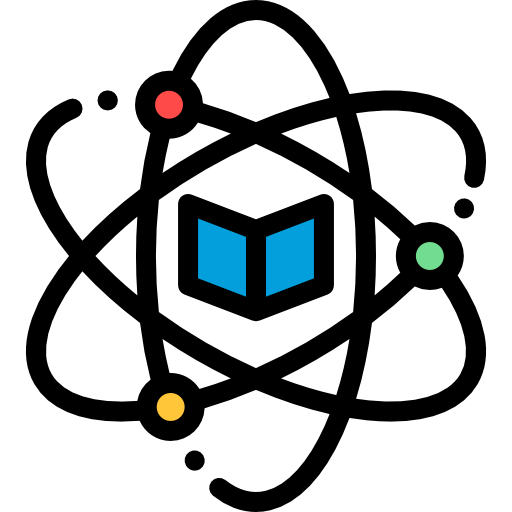Please proceed with your order so that we can facilitate taking your exam on your behalf. Click Here
Students will learn how to apply mathematics in solving problems and create mathematical models, which is a key concept in General Physics II. They will learn the fundamentals of statistics, such as frequency response distributions. Students will also study experimental procedures and their relationships with the laws of nature and develop the ability to describe natural phenomena with laboratory tools.
Students will understand how a variety of equations affect one another and can be used to model any natural phenomenon. This knowledge provides a basis for creating scientific theories. Students can use equations and models to predict future events and study physical processes at work.
Students will develop a fundamental understanding of electricity, magnetism, and heat and be able to use these concepts to solve electrical and thermal problems. Understanding the concepts of magnetism helps students create a framework for describing magnetic fields and how they influence other objects. Students will have an introduction to the study of waves and how sound travels through space.
Learning the concepts of fluid mechanics helps the student’s understanding of how water flows through various processes. Students learn about energy, which is the ability to change one state in a physical process by replacing it with a different state. Energy is needed for most physical processes in nature and is needed to make mechanical parts and processes work.
Students can also learn how to convert energy into mechanical motion by using equations in addition to models. Students can also learn how to transform kinetic energy into potential energy. When using equations, students can learn about conservation of energy.
Students will study how sound travels through space and the nature of vibrations. Students can learn about how various waves interact with each other and how different frequencies can affect objects.
Students can take physics II courses from a wide variety of institutions and universities, depending on their level of education and their desired career path. Some of the top graduate programs for students in this program include the University of Chicago Graduate School of Arts and Sciences, Harvard University Graduate School of Business, Massachusetts Institute of Technology, and University of Michigan. Ann Arbor, Michigan is also known for its excellent graduate training in physics and other sciences.
Most graduate programs in this program will involve several years of study and lab work. The duration of the program will depend on the student’s particular needs and the requirements of his or her career goal. Some programs will take a year to complete while others may take up to three years.
During graduate school, students will study more advanced concepts in general physics than in earlier courses. This includes developing mathematical skills, working with models and solving problems. The course curriculum usually consists of at least one year of laboratory and lab work and at least two years of study courses.
Additional special courses can be taken as well. These include courses in energy, relativity, and quantum mechanics.
Students should prepare for graduate school by working on a thesis and writing a dissertation, which will provide a detailed description of their research. The dissertation may be required as part of their Master’s degree.
Students who enter graduate school should be prepared to write a research proposal and conduct research to support their thesis. A thesis should be based on a carefully researched research-based research paper. Students can complete the requirements for this process by taking classes in mathematics, physics, and chemistry.

